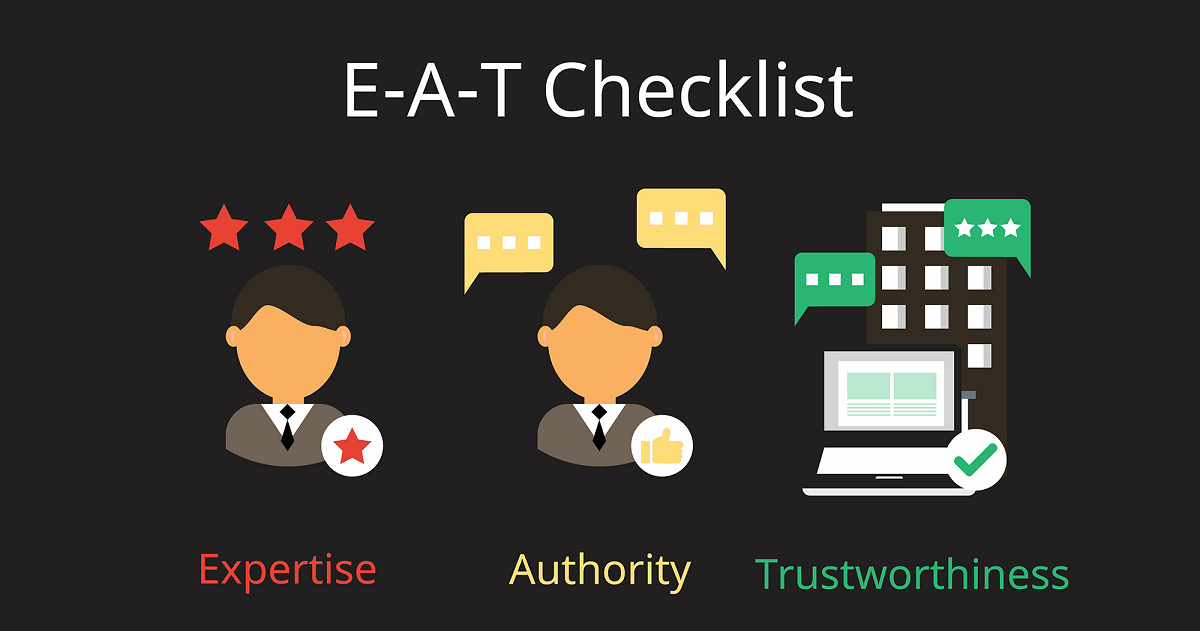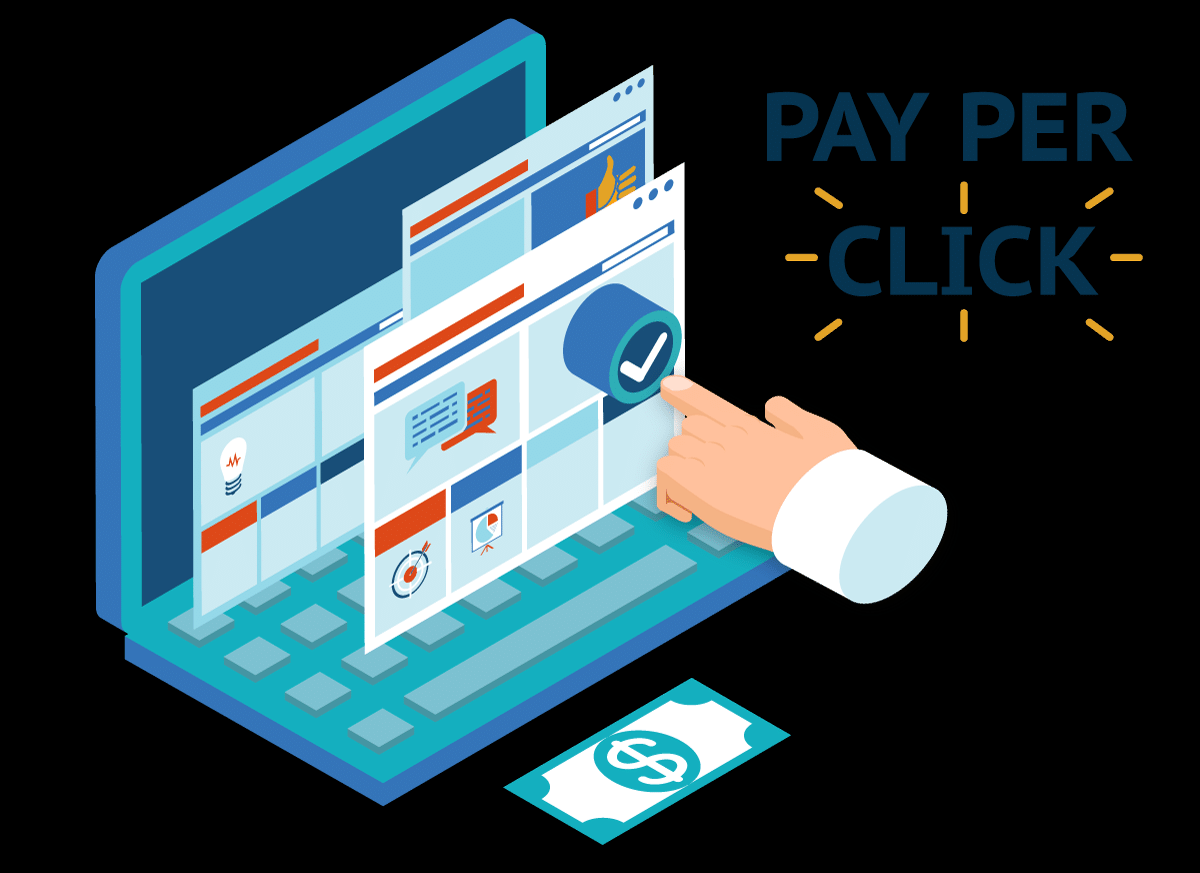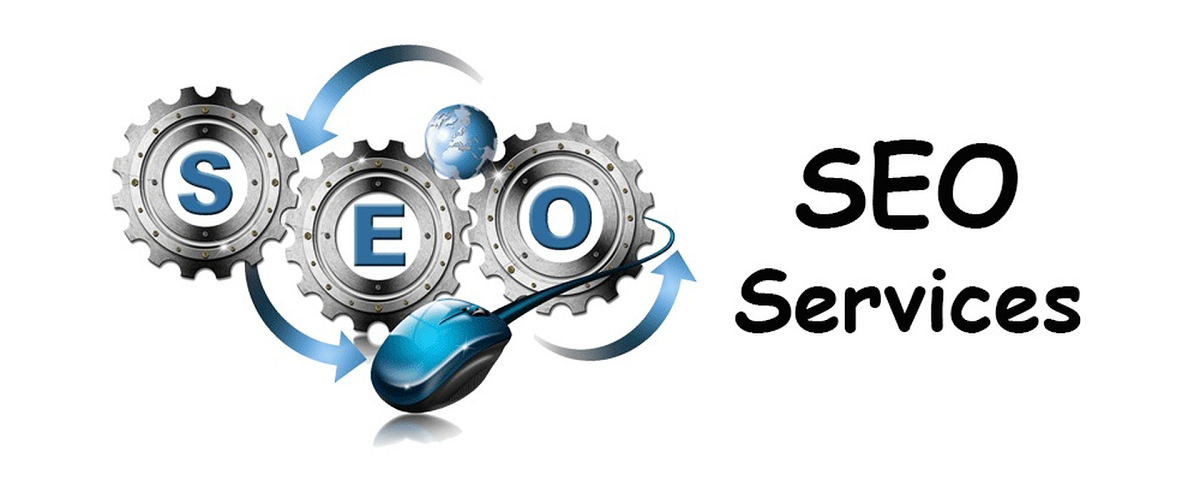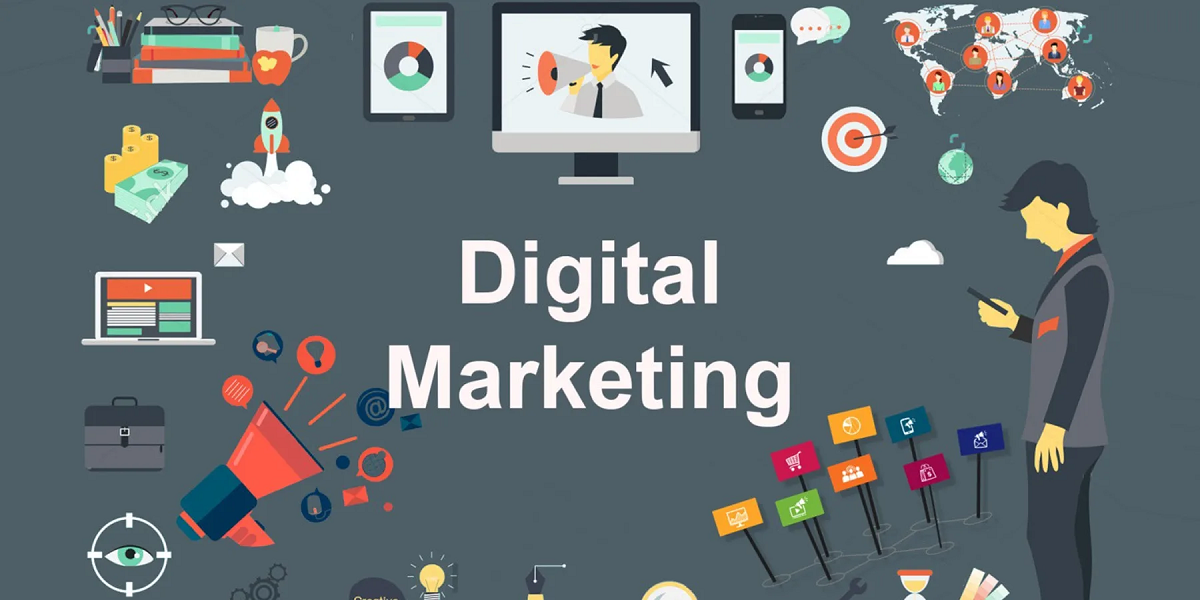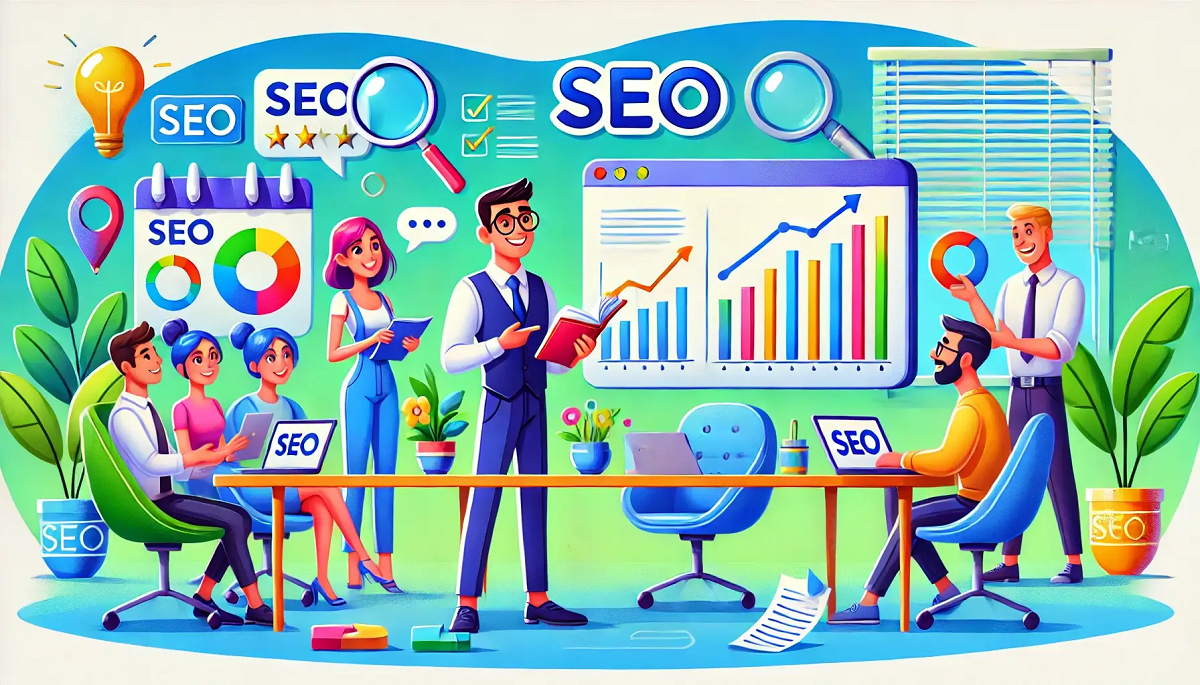BLOG
The Impact Of AI And Machine Learning On SEO

In today's digital age, where information is abundant and attention spans are fleeting, the ability to stand out amidst the noise is paramount. Enter SEO, the powerhouse behind online visibility and discoverability. But as technology evolves, so does the landscape of search engine optimization. The emergence of Artificial Intelligence (AI) and Machine Learning (ML) has not only revolutionized how we interact with technology but has also fundamentally transformed the way search engines operate.
In this blog, we embark on a journey to explore the intricate relationship between AI, ML, and SEO. Gone are the days of static algorithms and keyword stuffing; we now find ourselves in an era where search engines are powered by sophisticated AI-driven algorithms that strive to emulate human intelligence. From deciphering user intent to personalizing search results, AI and ML have reshaped the very fabric of SEO practices.
But what does this mean for businesses and digital marketers? How can they adapt and thrive in this ever-evolving digital ecosystem? These are the questions that we aim to unravel as we delve deeper into the impact of AI and ML on SEO.
Join us as we dissect the evolution of search algorithms, uncover the nuances of user intent, explore the realm of personalized search results, and delve into the intricacies of content optimization in the age of AI. Along the way, we'll also address the ethical considerations and challenges that accompany this technological revolution and glimpse into the future of SEO in an AI-driven world.
Fasten your seatbelts as we navigate through the dynamic intersection of AI, ML, and SEO, and discover the strategies needed to stay ahead in the ever-changing digital landscape.
Evolution Of Search Algorithms
The evolution of search algorithms marks a pivotal transition in the digital landscape, catalyzed by the integration of artificial intelligence (AI) and machine learning (ML). Traditional search engine optimization (SEO) techniques relied heavily on keyword optimization and backlink strategies to enhance website visibility. However, the advent of AI and ML introduced a paradigm shift in how search engines process and rank information.
In the past, search algorithms primarily operated on predefined rules and parameters set by human engineers. While effective to some extent, these algorithms often struggled to adapt to the dynamic nature of user queries and content. With the introduction of AI-driven algorithms, such as Google's RankBrain, search engines gained the ability to analyze and interpret search queries in a more nuanced manner. RankBrain, for example, utilizes ML to understand the context and intent behind user queries, thereby delivering more relevant search results.
Moreover, AI and ML algorithms continuously learn and evolve over time, refining their understanding of user behavior and preferences. This adaptability enables search engines to provide increasingly personalized search results tailored to individual users. Through sophisticated algorithms and data analysis, search engines can anticipate user needs and preferences, leading to a more intuitive and user-centric search experience.
Overall, the evolution of search algorithms from rule-based systems to AI-powered models represents a significant advancement in the field of SEO. By leveraging AI and ML technologies, search engines can better understand and cater to user intent, ultimately improving the relevance and quality of search results. This ongoing evolution underscores the importance for SEO professionals to stay abreast of technological developments and adapt their strategies accordingly to remain competitive in the ever-evolving digital landscape.
Understanding User Intent
Understanding user intent is paramount in the ever-evolving landscape of search engine optimization (SEO). In the past, SEO strategies heavily relied on keyword optimization, aiming to match search queries with specific keywords embedded within website content. However, as search engines become more sophisticated with the integration of AI and machine learning, the focus has shifted towards deciphering and fulfilling user intent.
User intent refers to the underlying motivation behind a search query. It's not merely about the words a user types into a search bar but rather the purpose or goal they aim to achieve. For instance, someone searching for "best Italian restaurants" could be looking for recommendations, reviews, or even a nearby location to dine. Understanding this intent allows SEO professionals to tailor their content to better meet the needs and expectations of users.
The advent of natural language processing (NLP) has been instrumental in understanding user intent more accurately. NLP algorithms can analyze the context, semantics, and even sentiment of search queries, providing deeper insights into what users are seeking. By leveraging NLP technology, businesses can create content that not only aligns with specific keywords but also addresses the broader intent behind those keywords.
Moreover, the rise of AI-powered search algorithms, such as Google's RankBrain, has further refined the understanding of user intent. These algorithms continuously learn from user behavior and interactions, enabling search engines to deliver more relevant results over time.
In essence, understanding user intent is about empathy—putting oneself in the shoes of the searcher and anticipating their needs. By embracing this approach, businesses can create more valuable, user-centric content that not only ranks well in search results but also fosters engagement and satisfaction among their target audience.
Content Creation And Optimization
A. Content Quality vs. Quantity: AI-driven Content Assessment
- Introduction to Content Quality:
- Establishing the importance of high-quality content in SEO.
- Traditionally, content creation focused on keywords; AI shifts the focus to relevance and value.
- AI-driven Content Assessment Tools:
- Overview of tools utilizing AI to assess content quality.
- Examples include Grammarly, Yoast SEO, and other AI-driven writing assistants.
- Semantic Understanding in Content Evaluation:
- Explanation of how AI comprehends the context and semantics of content.
- How semantic understanding enhances content relevance and user experience.
B. Predictive Analytics for Content Creation
- Introduction to Predictive Analytics:
- Defining predictive analytics and its role in content creation.
- Leveraging historical data to forecast content trends and user preferences.
- AI-driven Topic Generation:
- Exploring tools and algorithms that suggest trending topics.
- Adapting content strategies based on predictive analytics.
- Dynamic Content Optimization:
- How AI helps dynamically optimize content based on user behavior.
- Adapting in real-time to improve engagement and SEO performance.
C. Semantic Search and its Impact on Content Optimization
- Transition to Semantic Search:
- Discussing the shift from keyword-based to context-driven searches.
- Google's adoption of semantic search and its impact on SEO.
- Optimizing for Semantic Search:
- Strategies for incorporating semantic SEO in content creation.
- The role of structured data and markup for semantic relevance.
- User Intent Matching with AI:
- How AI algorithms align content with user intent.
- Balancing between catering to search engines and providing valuable information.
In this section, we'll explore how AI not only evaluates content quality but also actively contributes to the creation process through predictive analytics. The shift towards semantic understanding and optimization for user intent will be highlighted, providing actionable insights for content creators aiming to thrive in the AI-driven SEO landscape.
Ethical Considerations And Challenges
A. Bias in AI Algorithms and Impact on Search Results
- Overview of algorithmic bias in AI
- How biases can manifest in search results
- Examples of high-profile cases of biased search results
- The importance of addressing and mitigating bias in SEO algorithms
B. Privacy Concerns in Personalized Search
- Balancing personalization and user privacy
- Risks associated with collecting and utilizing user data
- GDPR and other data protection regulations
- Strategies for implementing ethical and privacy-conscious personalized search
C. Ensuring Transparency and Fairness in AI-Driven SEO Practices
- Lack of transparency in AI algorithms
- The challenge of understanding how decisions are made
- The impact of transparency on user trust
- Advocating for ethical SEO practices and algorithmic transparency
D. User Consent and Data Collection
- The role of user consent in data collection for SEO purposes
- Ensuring transparency in data usage and storage
- The ethical responsibility of SEO professionals in handling user data
- Best practices for obtaining and managing user consent in SEO strategies
E. Accountability in AI-Generated Content
- Challenges in attributing AI-generated content to its source
- Potential risks of misinformation and manipulation
- Establishing accountability frameworks for AI-generated content in SEO
- Collaborative efforts to combat the ethical challenges of AI-generated content
F. Fair Competition and Algorithmic Manipulation
- Concerns about unfair advantages through algorithmic manipulation
- The ethical implications of gaming search algorithms
- Search engine responsibility in maintaining fair competition
- Developing industry standards to address algorithmic manipulation in SEO
G. Accessibility and AI-Driven SEO
- Ensuring that AI-optimized content is accessible to all users
- The impact of AI on web accessibility standards
- Ethical considerations in designing inclusive SEO strategies
- Collaborative efforts to promote accessibility in AI-driven SEO practices
H. Continuous Monitoring and Adaptation
- The dynamic nature of AI algorithms and their impact on ethical considerations
- The importance of continuous monitoring for ethical SEO practices
- Adapting strategies to address emerging ethical challenges in AI and ML
- Building a culture of ethical awareness and responsibility in the SEO community.
In the dynamic realm of SEO, the integration of AI and machine learning has revolutionized the way we understand and optimize for search engines. From personalized search results to voice search optimization, AI-driven content creation, and beyond, the impact of AI on SEO is profound and far-reaching. As we navigate this evolving landscape, it's crucial to recognize the symbiotic relationship between AI, ML, and SEO and embrace the opportunities they present.
As AI technology continues to advance, so too will the possibilities for enhancing SEO strategies and delivering more valuable experiences to users. However, it's important to approach AI-driven SEO with ethical considerations and a commitment to responsible practices, ensuring fairness, transparency, and user privacy.
As SEO professionals, marketers, and business owners, it's imperative to stay informed and adapt to the latest trends and technologies in AI and machine learning. Embrace AI-powered tools and techniques to optimize your SEO strategies, enhance user experiences, and drive meaningful results for your business.

